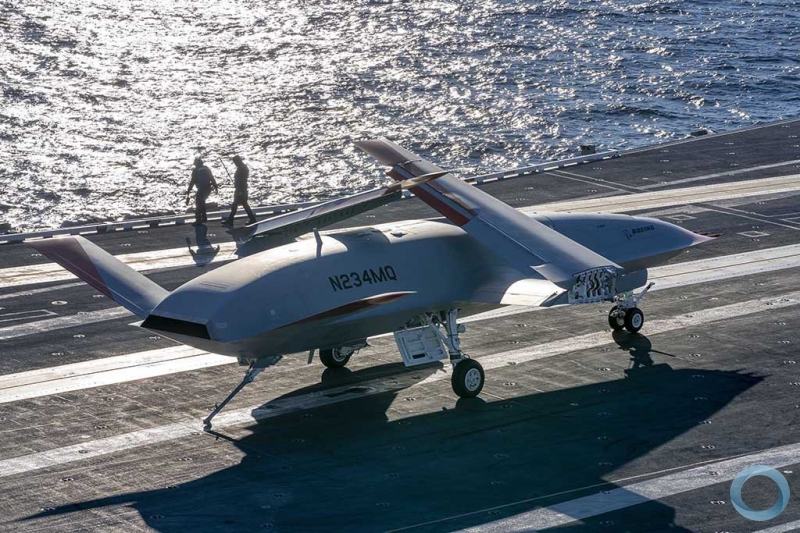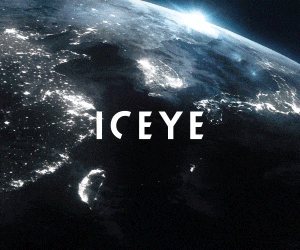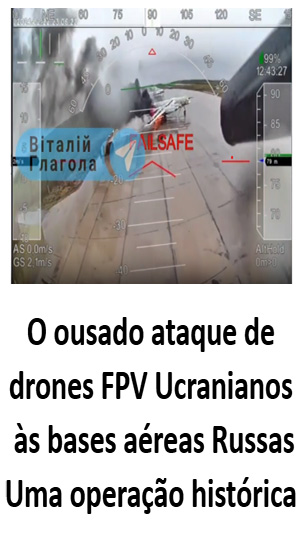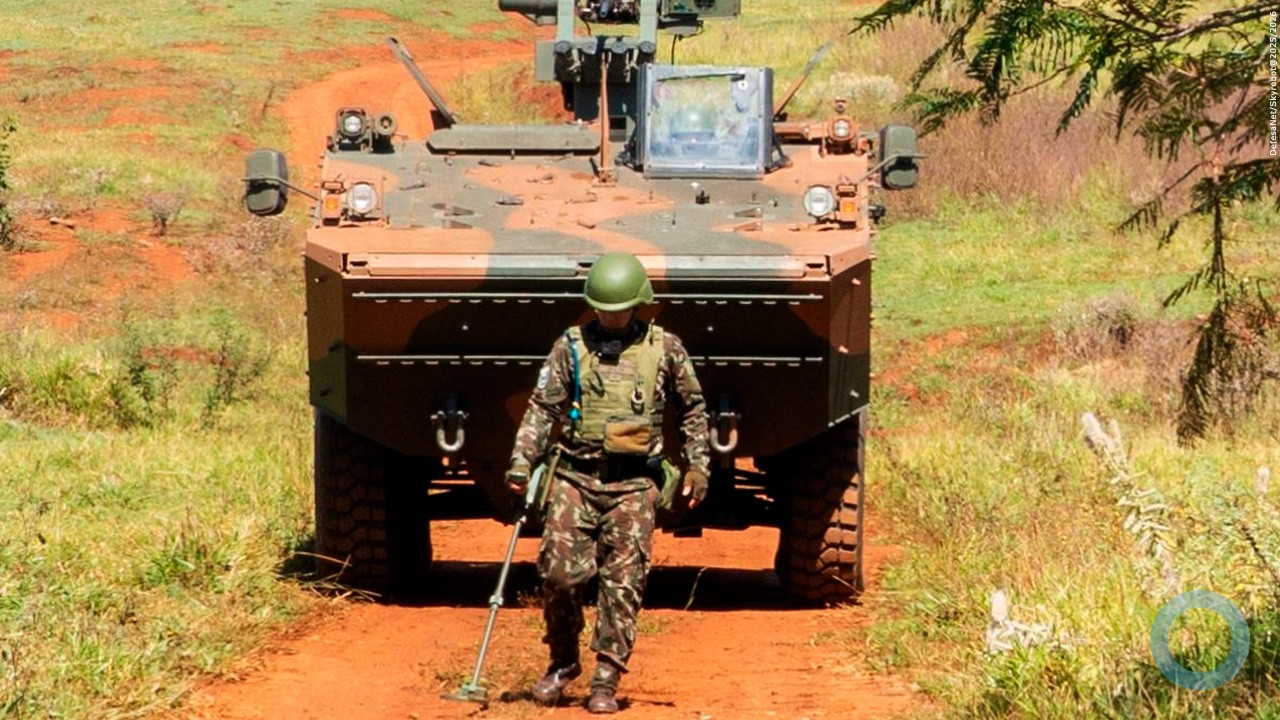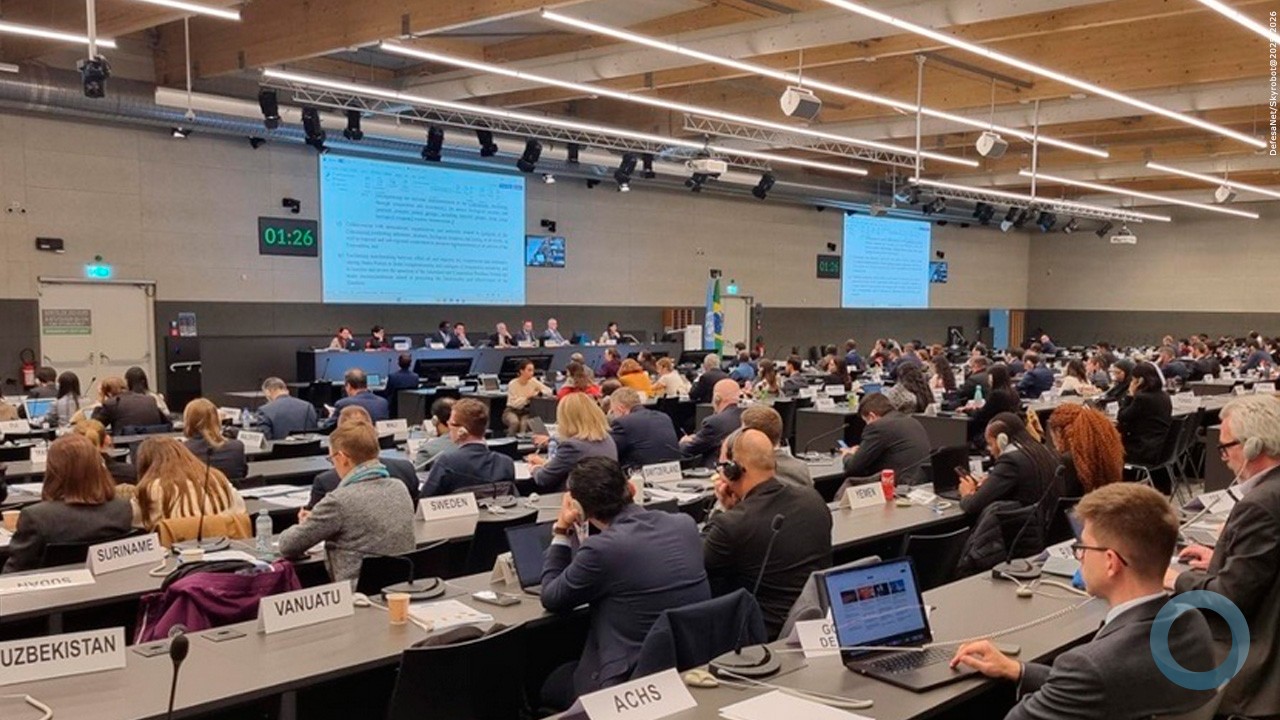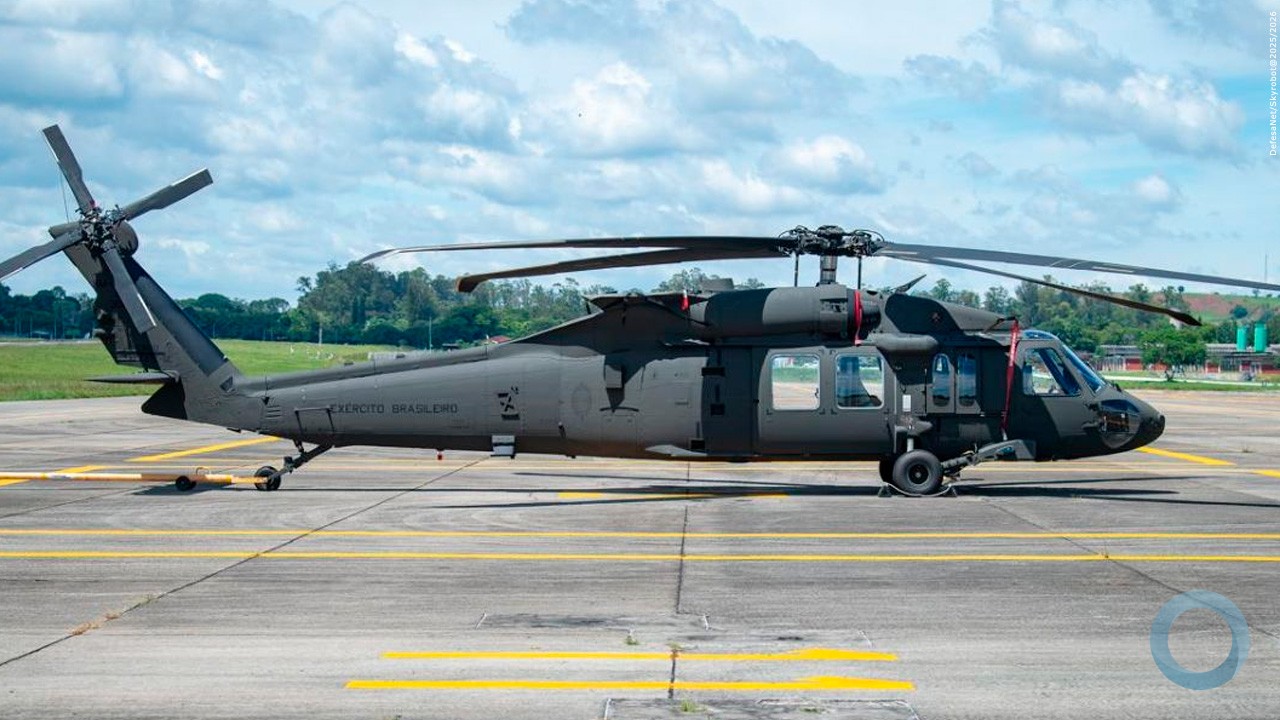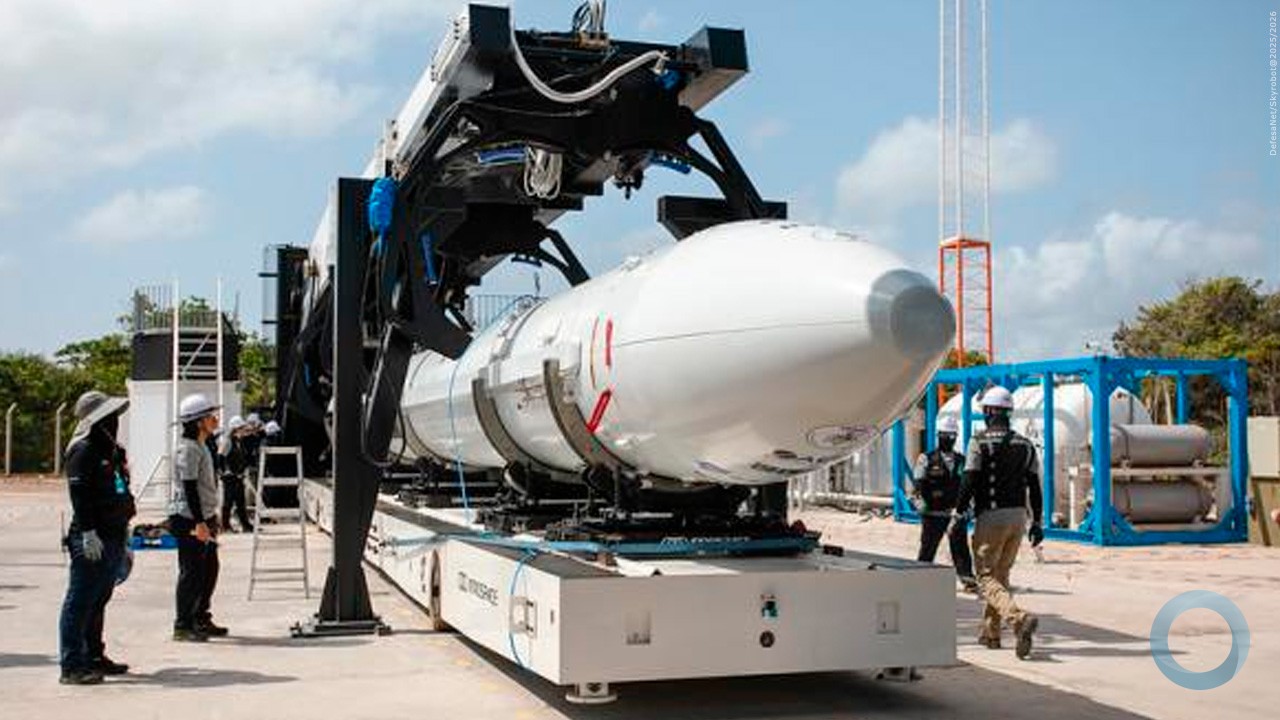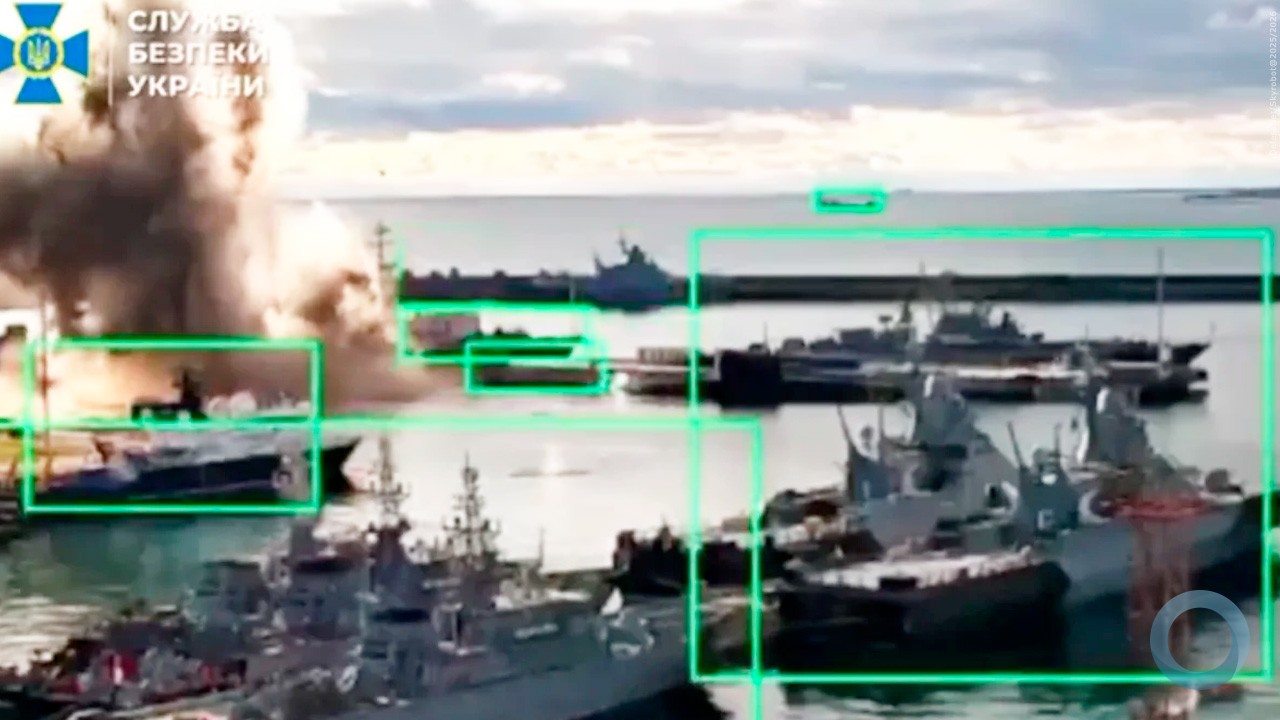Satellite Amazônia-1, the first Earth observation satellite designed, integrated, tested, and operated by Brazil, will be launched on February 28 at 1:54 am (Brasília time). Amazônia-1 will be launched as part of Indian Space Research Organization (ISRO) mission PSLV-41.
This will be the third Brazilian remote sensing satellite in operation alongside CBERS-4 and CBERS-4A. These two were developed by Brazil in partnership with China. Amazônia-1 has six kilometers of wiring and 14 thousand electrical connections. It is a Sun synchronous (polar) orbiting satellite that will generate images of the planet every five days.
The satellite can observe a strip of approximately 850 km, with 64 meters of resolution. Amazônia-1’s service life is four years. The mission also includes the launch of another two satellites, Amazônia-1B and Amazônia-2.
Amazon mission
The satellite is part of the so-called Amazon Mission, created to provide remote sensing data to observe and monitor deforestation, especially in the Amazon region.
The mission will also monitor agriculture throughout the national territory with a high revisit rate, seeking to work in synergy with existing environmental programs.
“The Amazon Mission will consolidate the knowledge of Brazil in the integrating development of a special mission using satellites stabilized in three axes, since the previous remote sensing satellites were developed in cooperation with other countries,” Brazil’s National Institute of Space Research (INPE) declared in a note.








